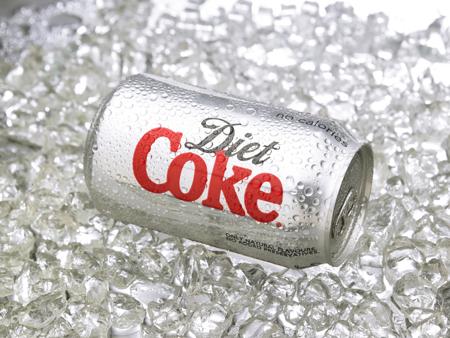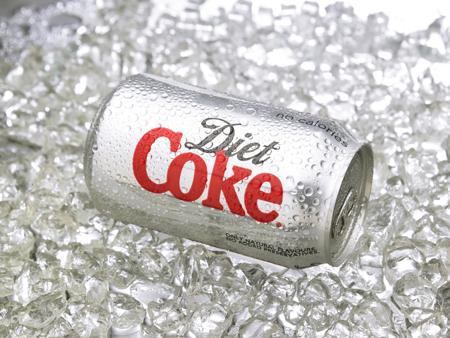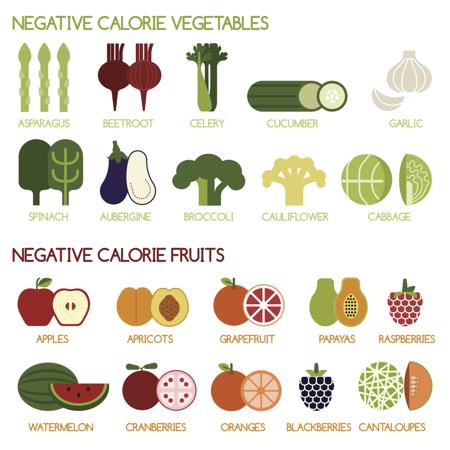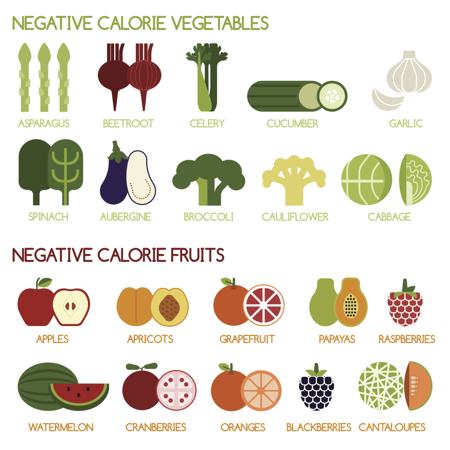What To Eat During Your Period
1. Fruits and vegetables: Fruits and vegetables are packed with essential vitamins, minerals, and antioxidants that can help support your overall health and well-being. Focus on eating a variety of colors to ensure you're getting a range of nutrients.
2. Whole grains: Whole grains provide fiber, which can help regulate digestion and keep you feeling full and satisfied. Some examples include brown rice, whole wheat bread, and quinoa.
3. Lean protein: Lean protein sources such as fish, chicken, and beans can help maintain your energy levels and support muscle health.
4. Healthy fats: Healthy fats, such as those found in avocados, nuts, seeds, and olive oil, can help reduce inflammation and improve your mood.
5. Dark chocolate: Dark chocolate contains magnesium, which can help relieve cramps and improve your mood.
6. Herbal teas: Certain herbal teas, such as chamomile and peppermint, can help relax your muscles and relieve cramps.
7. Water: Staying hydrated is important for overall health, and it can also help reduce bloating and fatigue during your period. Aim for at least 8 glasses of water per day.
It's also worth noting that some foods may worsen symptoms for certain individuals. These foods may include:
1. High-fat foods: Greasy or fried foods can contribute to bloating and digestive discomfort.
2. Processed foods: Processed foods are often high in sodium, which can lead to water retention and bloating.
3. Sugar-laden foods: Foods high in added sugars can cause fluctuations in blood sugar levels, potentially worsening mood swings and fatigue.
4. Caffeinated beverages: Caffeine can increase anxiety and irritability, which may be heightened during your period.
5. Alcohol: Alcohol can contribute to dehydration and worsen symptoms such as fatigue and cramps.
While these foods are not harmful and can be enjoyed in moderation, being aware of their potential effects can help you make informed choices and tailor your diet to your individual needs and preferences.
If your period symptoms are severe or significantly impact your daily life, it's advisable to consult with a healthcare professional for personalized advice and guidance.
-
1200 Calorie Menu
As more and more people are becoming calorie conscious, more and more
-
Low Calorie Snacks On the Go
Low calorie diet can be a great addition in ones weight loss plan. It
-
Negative Calorie Diet Soup
In our diet, there are various types of foods such as vegetables, frui
-
Low Calorie Recipes
Apart from strict exercise regimes, you have another easy and tempting
-
100 Calorie Snacks
The 100 calorie diet is very different from the usual low calorie diet
-
1000 Calorie Diet for Weight Loss
Some diets involve purely healthy eating, while others require you to



